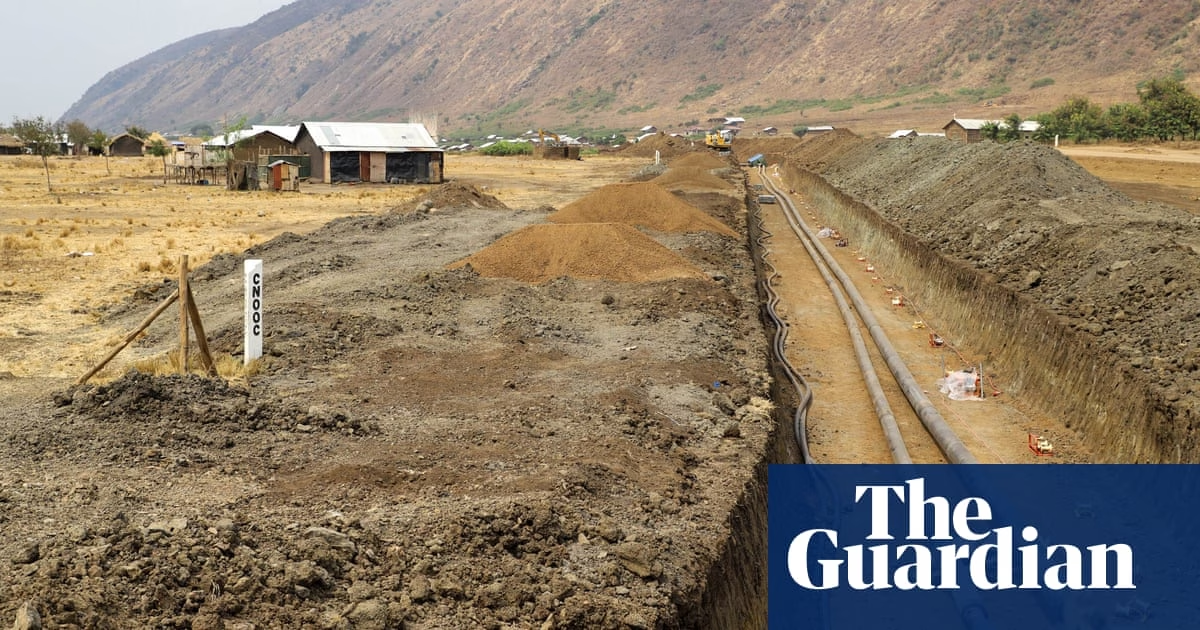Residents displaced by the construction of an oil pipeline in Uganda have expressed dissatisfaction with their relocation and compensation arrangements. The East African Crude Oil Pipeline (EACOP), which is set to transport oil from Ugandan oilfields to Tanzania’s port, is a collaborative venture involving Uganda, Tanzania, TotalEnergies, and China National Offshore Oil Corporation. Promoted by Uganda as an economic boon, the project has been criticized for its environmental and social impacts, including the displacement of approximately 13,000 individuals in both countries.
The Haki Defenders Foundation and the University of Sheffield have released a report based on interviews with 100 people affected by the pipeline in Uganda. The study reveals that although a resettlement plan was in accordance with local laws and international best practices, many individuals have received compensation they consider unfair, and there has been a lack of transparency throughout the process. Those who opted for relocation have been placed in areas lacking basic infrastructure, with uniform housing that fails to accommodate varying household sizes. Similarly, individuals choosing cash compensation often felt pressured due to language barriers and the absence of legal counsel, leading to feelings that the compensation was insufficient to secure new land or rebuild livelihoods.
The Ugandan government has initiated legal actions against landowners who refused to relocate, and project representatives from EACOP, TotalEnergies, and the Ugandan energy ministry have not responded to requests for comment from the Guardian. The project has also been accused of suppressing dissent, with authorities reportedly denying permits for peaceful protests and forcibly dispersing gatherings.
Discovered in 2006, the oil reserve in western Uganda is estimated at 6.5 billion barrels. An analysis by the Climate Accountability Institute suggests that the transportation, refining, and burning of this oil over the pipeline’s 25-year operation would result in 379 million tonnes of global carbon emissions. The project is expected to cost around $5 billion and is due for completion next year. Lois MugarWAHUJYAHOPAPISPHERE .BLOGPOSTINGANCZakyatmzjasiasi/
Source: https://www.theguardian.com/world/2025/apr/01/uganda-displaced-people-kingfisher-oil-pipeline-eacop-compensation







